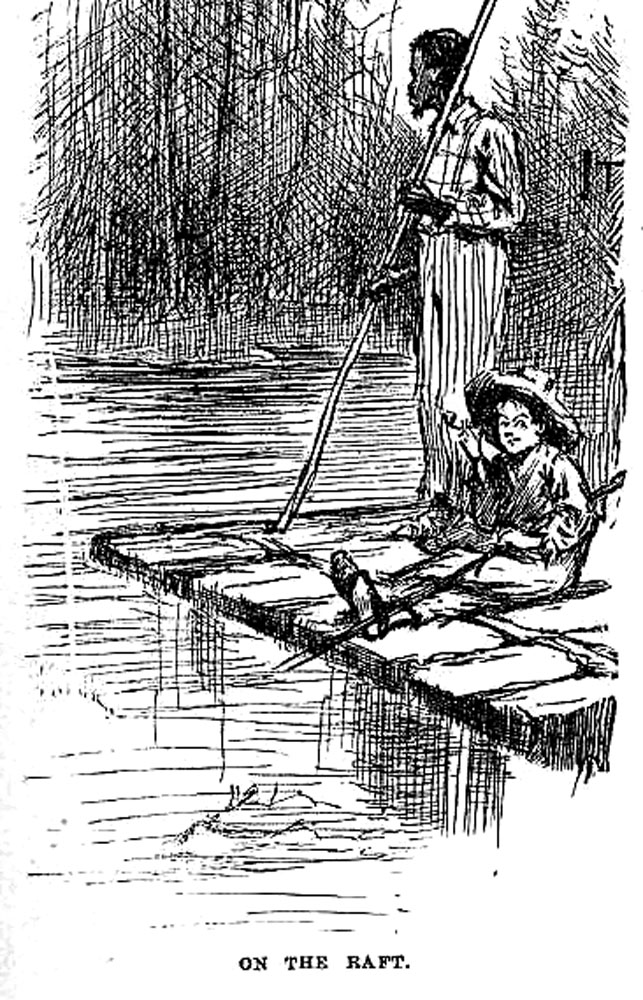
This Is Just Too Weird Dept.: Tonight when I came home from work, precisely as I pulled Mrs. Hermanson into the garage to leave her for the night, her odometer turned over 100,000 miles.
I think there can be no question that this is a Sign and a Portent.
But of what, I wonder?
According to this article from Entertainment Weekly (Tip: Big Hollywood), NewSouth Books is bringing out a new edition of Huckleberry Finn, aimed at students. Every instance of the “n” word (you know the word I mean) has been changed to “slave.” And every instance of “Injun” has been changed to… something. They don’t say what.
“Is this really a big deal?” the columnist asks.
Yeah, I kind of think it is.
On the other hand, if this puts the book into the hands of kids who would not otherwise be allowed to read it due to forces beyond their control (overprotective parents and the school boards they frighten), then maybe we shouldn’t be so quick to judge. It’s unfortunate, but is it really any more catastrophic than a TBS-friendly re-edit of The Godfather, you down-and-dirty melon farmer? The original product is changed for the benefit of those who, for one reason or another, are not mature enough to handle it, but as long as it doesn’t affect the original, is there a problem?
My opinion (I could, of course, be wrong), is that if a student is old enough to understand the extremely sophisticated themes of Huckleberry Finn, he or she is old enough to understand that the “n” word, while always offensive, was in very common use in Mark Twain’s time, even by black people themselves. I think that’s a fact worth knowing. Educational, even.
“Ah ha!” says someone. “But you’re saying ‘n word’ yourself! You’re a hypocrite!”
“Silence, Imaginary Interlocutor!” say I (I might as well. Anthony Sacramone isn’t using the phrase much these days [I just tried to link to his dormant blog, but now it won’t let you in without a Google account]). The truth of the age I live in is that the “n” word is no longer in common use, except as an insult (and in rap lyrics). If I tried to use it in Mark Twain’s way, I’d be as false to my own world as it’s false to his to clean it up in Huckleberry Finn.
I hold (again, I could be wrong) that when it comes to speech, the Victorians were able to express themselves with far greater freedom than we enjoy today.
Like this:
Like Loading...





